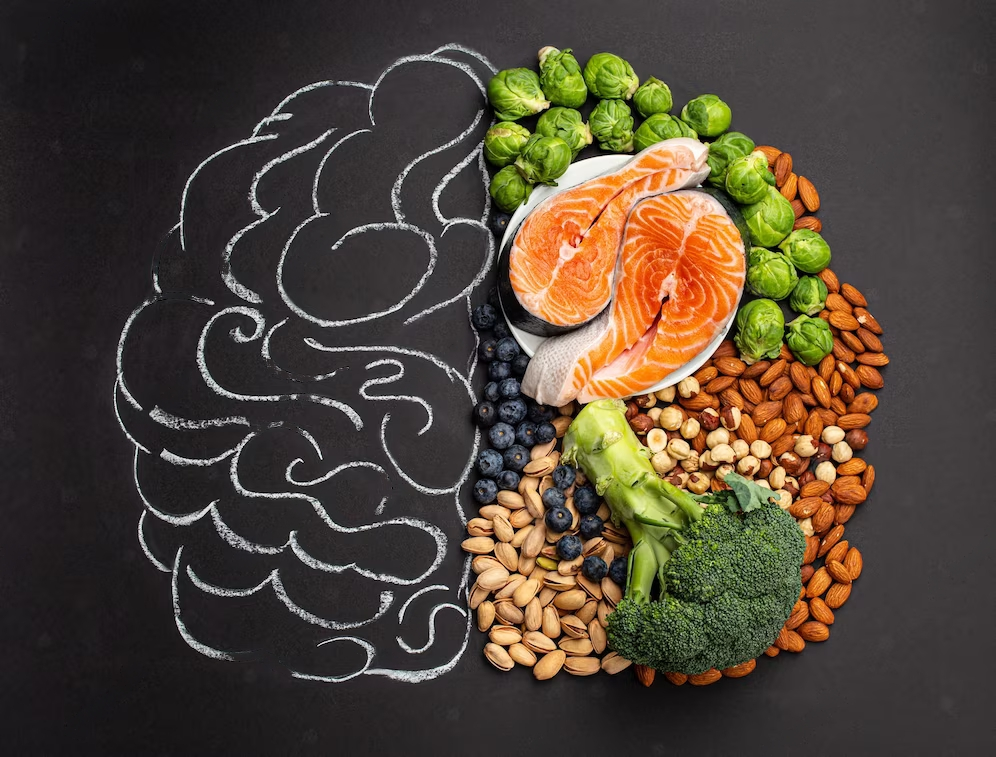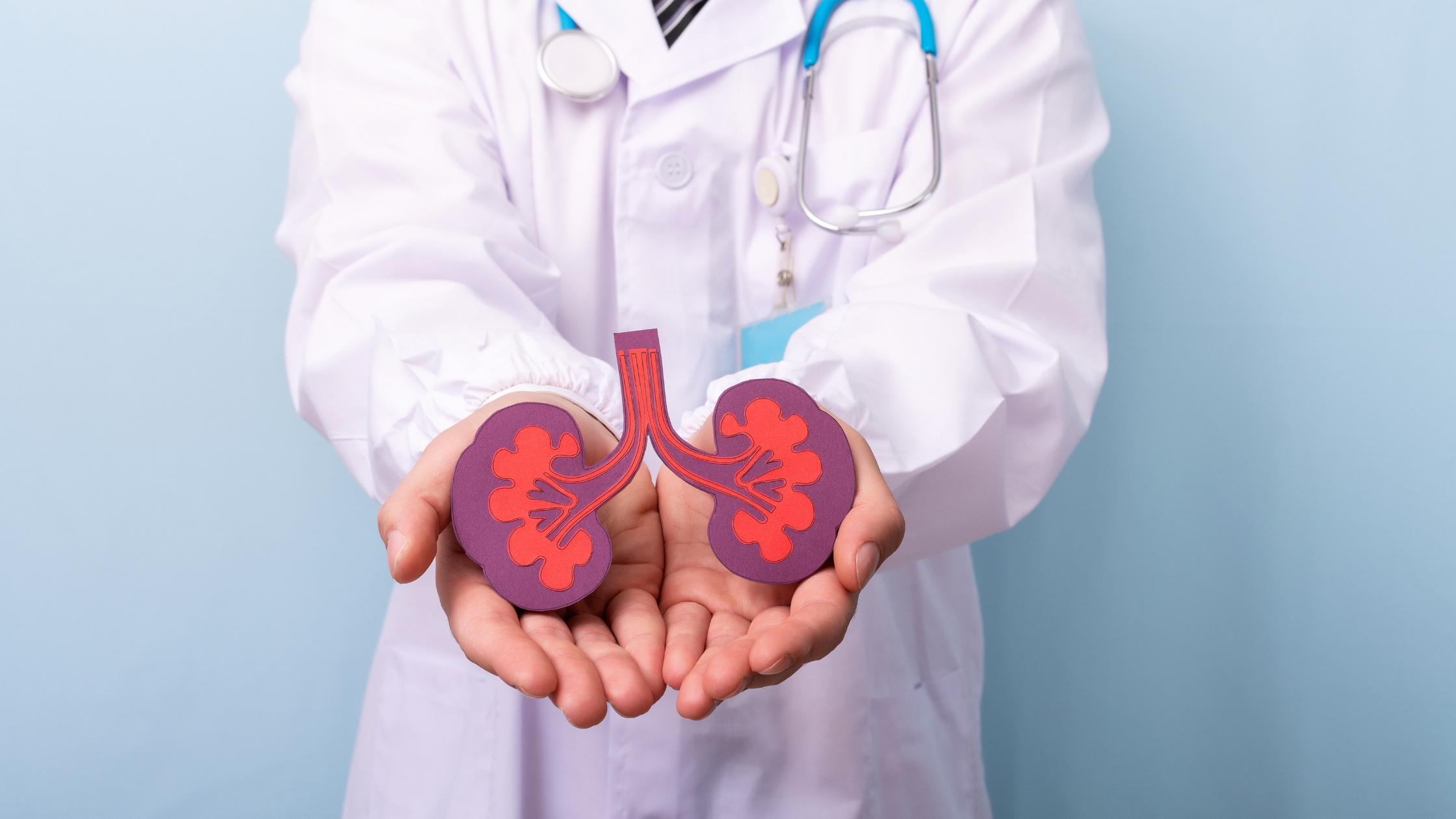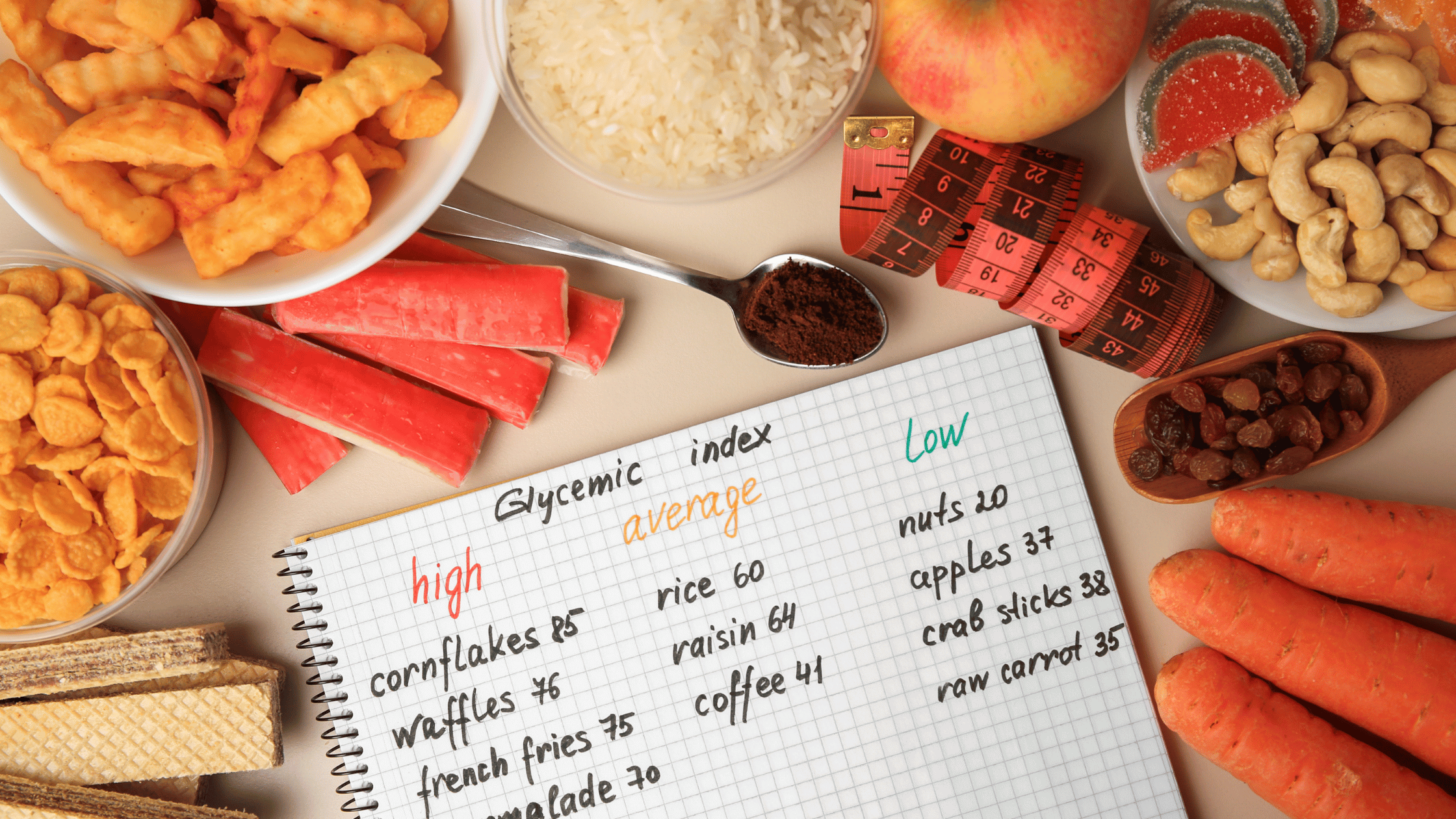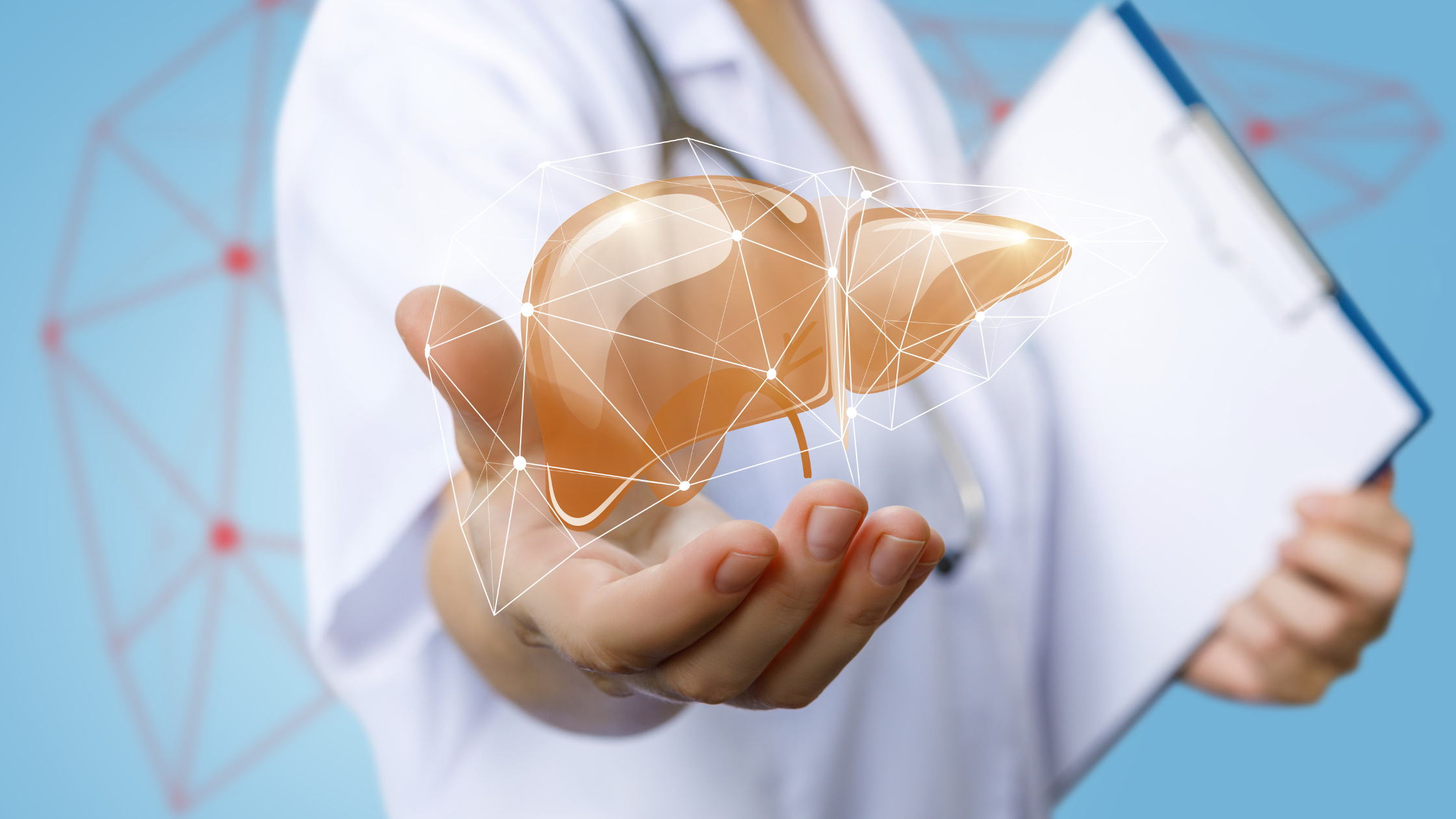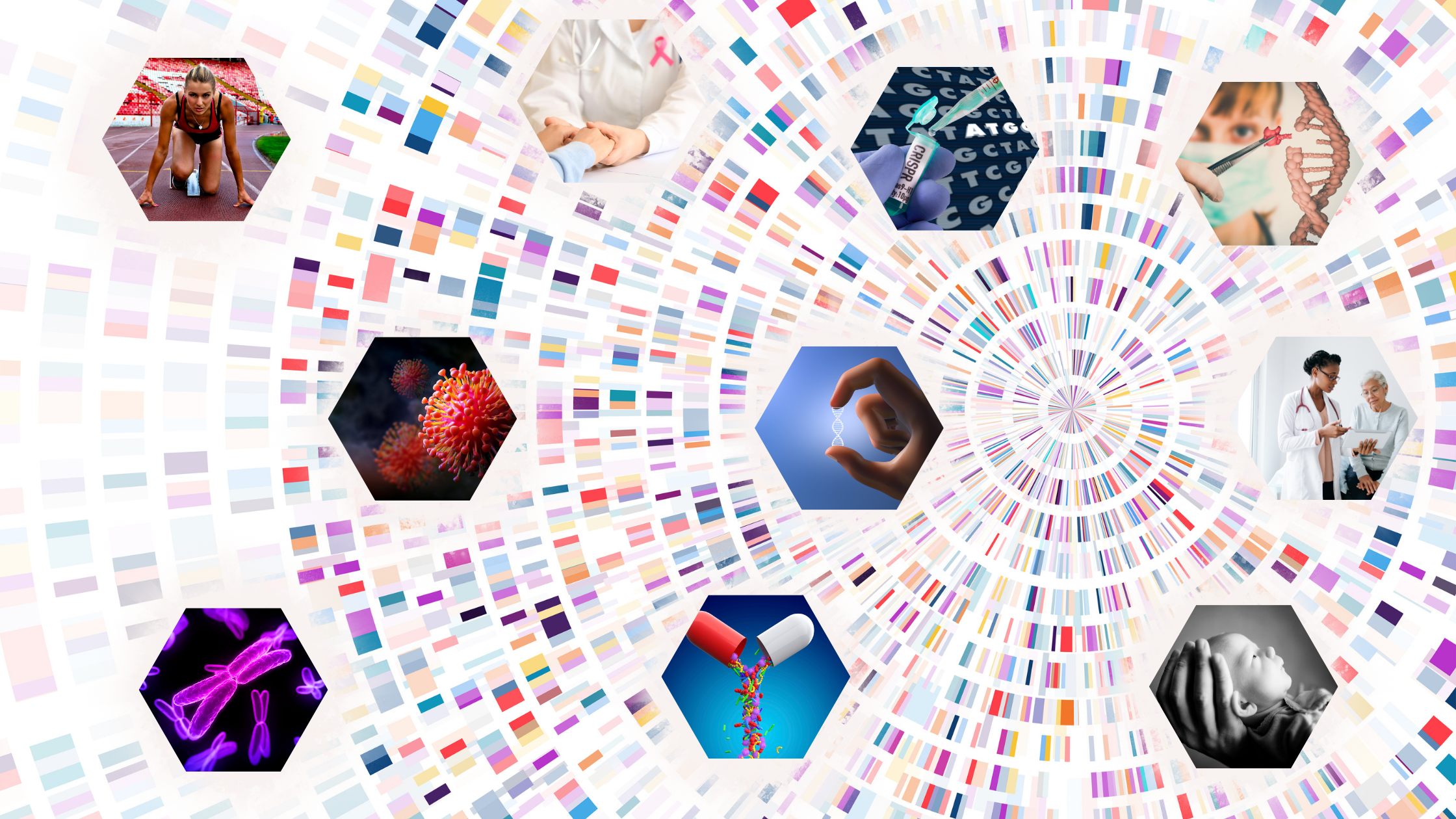Unravelling Pharmacogenomics: Tailoring Drug Response for India's Diverse Population
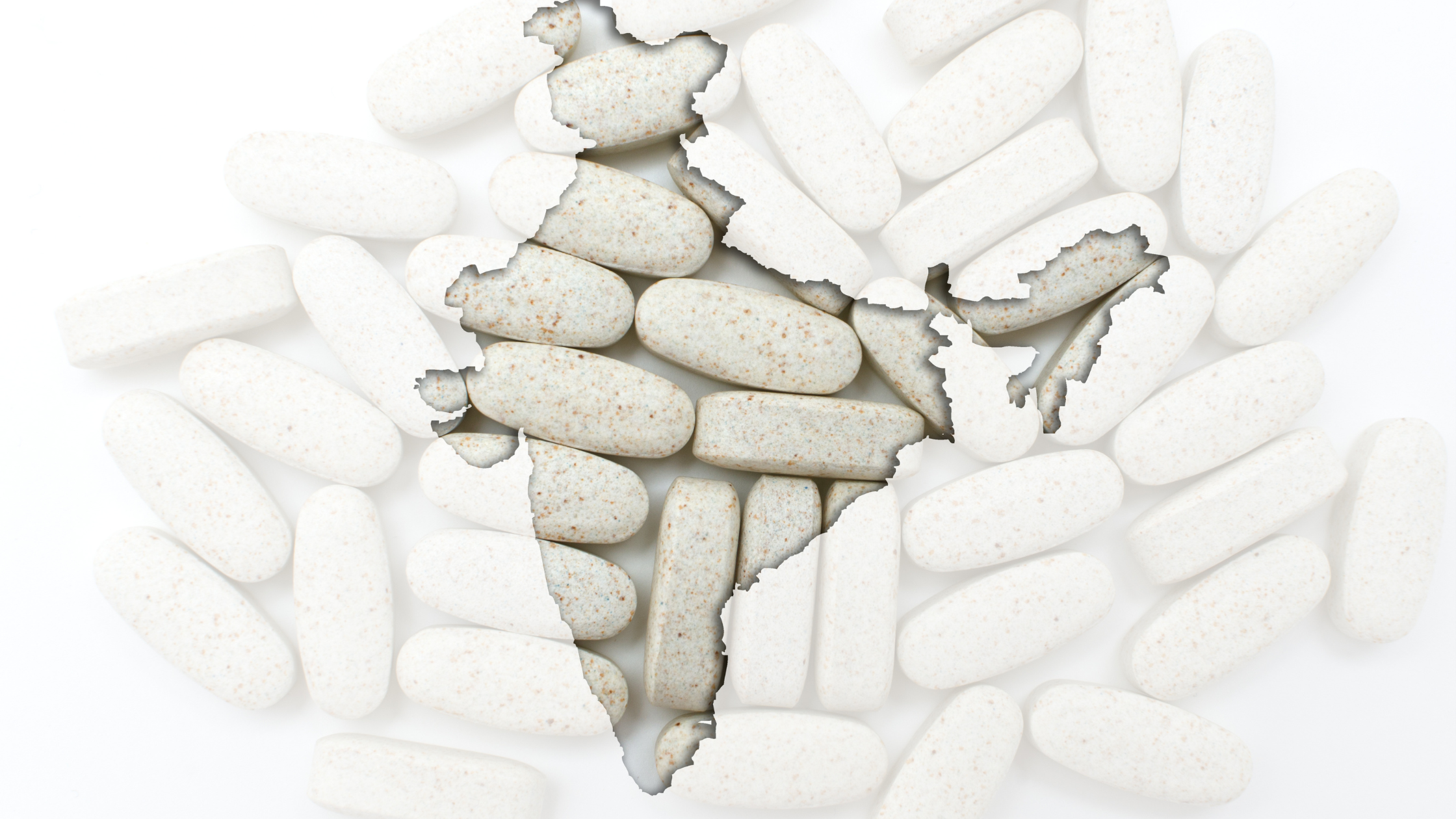
In the ever-evolving landscape of medical research, one area that holds immense promise is pharmacogenomics (PGx). This field examines how an individual's genetic makeup influences their response to medications. A recent study (Sahana et al, 2022) has delved deep into this realm, specifically focusing on the diverse genetic architecture of India's population. It offers fascinating insights into how our genes can impact our response to drugs, ultimately paving the way for more optimized and personalized treatments.
Understanding Ethnic Variations in Drug Response: It's no secret that people from different ethnic backgrounds can react differently to the same medication. This phenomenon has been extensively documented in scientific literature. For instance, the drug primaquine can lead to more red blood cell breakdown in people of African descent compared to Caucasians. Additionally, the medication ibufenac (a precursor of ibuprofen) caused liver problems and was taken off the market in the UK, but it continued to be sold in Japan for longer, possibly due to differences in how people in these countries respond to the drug. This emphasizes the role of genetics in how people react to medications. The study aims to understand how genetic variations within the vast and diverse population of India can significantly influence how individuals respond to drugs and experience potential adverse effects.
A Goldmine of Genetic Data: The research draws its power from the IndiGen dataset, a collection of whole-genome sequences from over a thousand individuals. This unique resource provides researchers with a wealth of genetic information that can be analyzed to uncover patterns of pharmacogenomic variants specific to the Indian population. It was seen that the SLCO1B1 variant rs4149056, which is linked to Simvastatin side effects, is less common in the IndiGen population (0.05 frequency) than in global populations (gnomAD‐ALL: 0.12). Interestingly, three variants in the VKORC1 gene (rs9923231 [0.18 frequency], rs9934438 [0.18 frequency], and rs7294 [0.71 frequency]) connected to Warfarin's effects and dose requirements are most prevalent among Indians.
The Hunt for Clinically Actionable Variants: Through meticulous analysis, the study identified 134 potentially deleterious PGx variants that could alter or inhibit the function of 102 pharmacogenes in Indians. These variants are found in genes—known as pharmacogenes (example: CYP2D6, CYP3A5, CYP2C19, CYP2C9)—that play a crucial role in how our bodies process and respond to medications. The implications are significant: these variants could impact the effectiveness of drug treatments or even lead to unwanted side effects. The CYP2C9*3 variant; affects how NSAIDs, like the common drug ibuprofen, are metabolized and how individuals respond to them. Among Indians and South Asian populations, this variant is found in about 10% of people (IndiGen: 0.1). Following CPIC guidelines, the analysis indicates that at least 10% of individuals with this variant may metabolize the drug poorly or moderately, suggesting they might need a lower dosage.
Empowering Personalized Medicine: One of the most intriguing findings of the study is the estimate that, on average, each individual in India carries about eight pharmacogenomic variants that directly influence the choice of treatment or drug dosing. This emphasizes the importance of personalized medicine—a treatment approach tailored to an individual's genetic makeup. By integrating genetic information into treatment decisions, healthcare professionals could enhance the effectiveness of therapies while minimizing adverse reactions.
Navigating the Treatment Pathway: A crucial aspect of the study involves a pathway analysis, shedding light on the intricate interactions between disrupted pharmacogenes and their impact on drug responses. This highlights the complex network of genes that collaborate to determine how our bodies process medications.
Bridging Global and Local Insights: In a world where medical knowledge knows no borders, the study highlights striking differences in the prevalence of clinically actionable pharmacogenomic variants between the Indian population and global populations. This underscores the importance of acknowledging and leveraging population-specific genetic variations when devising treatment strategies.
This study serves as a powerful reminder of the potential that pharmacogenomics holds for revolutionizing healthcare. By uncovering the genetic factors that contribute to varied drug responses within India's diverse population, the research points the way forward to a future of treatments that are finely tuned to an individual's unique genetic makeup. With personalized medicine at the forefront, adverse reactions could be minimized, treatment outcomes optimized, and the path to truly tailored healthcare illuminated.
References:
Sahana S, Bhoyar RC, Sivadas A, Jain A, Imran M, Rophina M, Senthivel V, Kumar Diwakar M, Sharma D, Mishra A, Sivasubbu S, Scaria V. Pharmacogenomic landscape of sssIndian population using whole genomes. Clin Transl Sci. 2022 Apr;15(4):866-877. doi: 10.1111/cts.13153. Epub 2022 Mar 26. PMID: 35338580; PMCID: PMC9010271.
Shah RR, Gaedigk A. Precision medicine: does ethnicity information complement genotype-based prescribing decisions? Therapeutic Advances in Drug Safety. 2018;9(1):45-62. doi:10.1177/2042098617743393
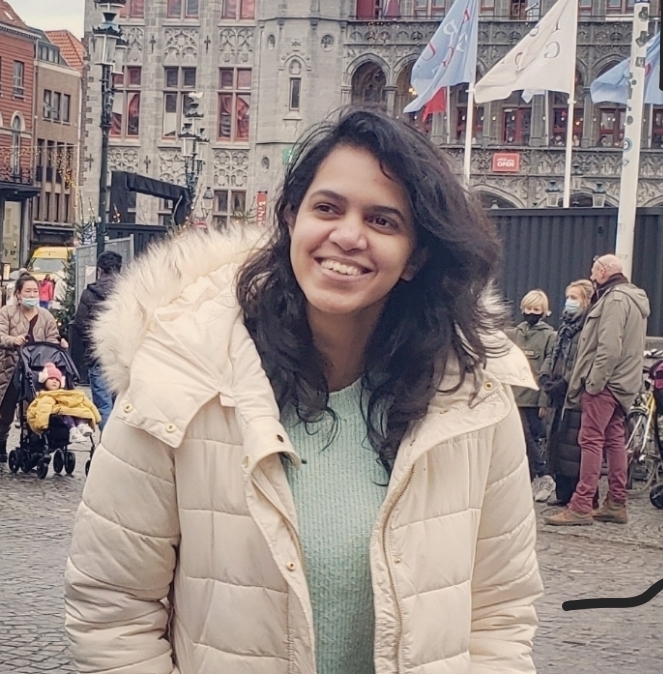
Sohni Tagore





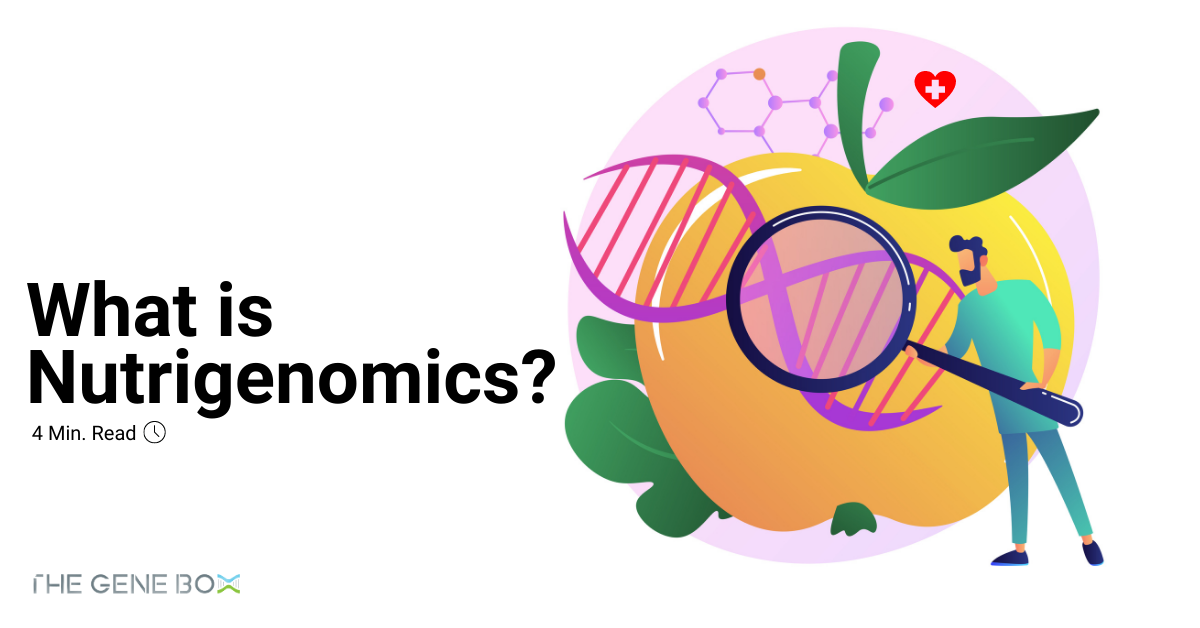


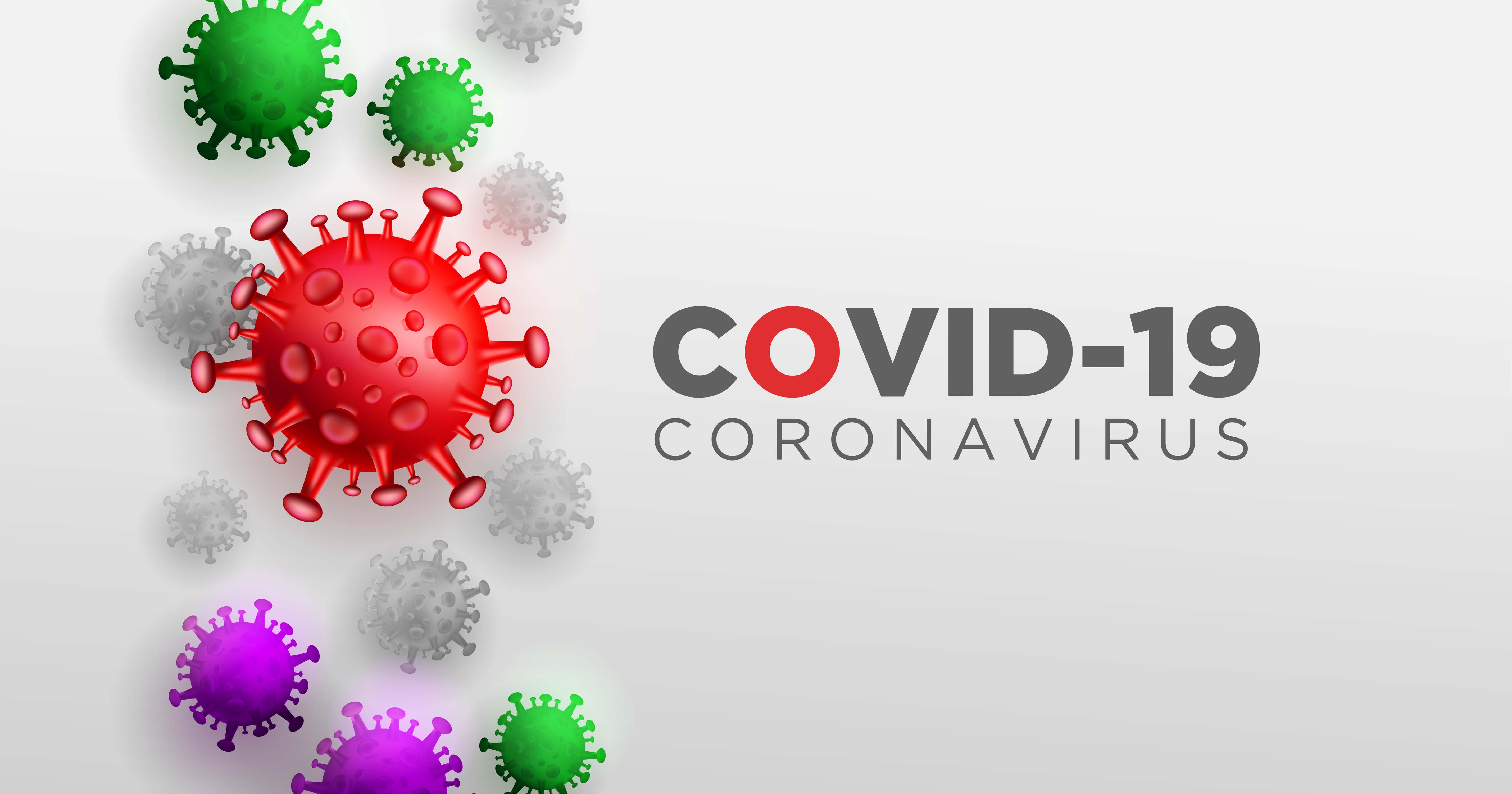


.png)




















